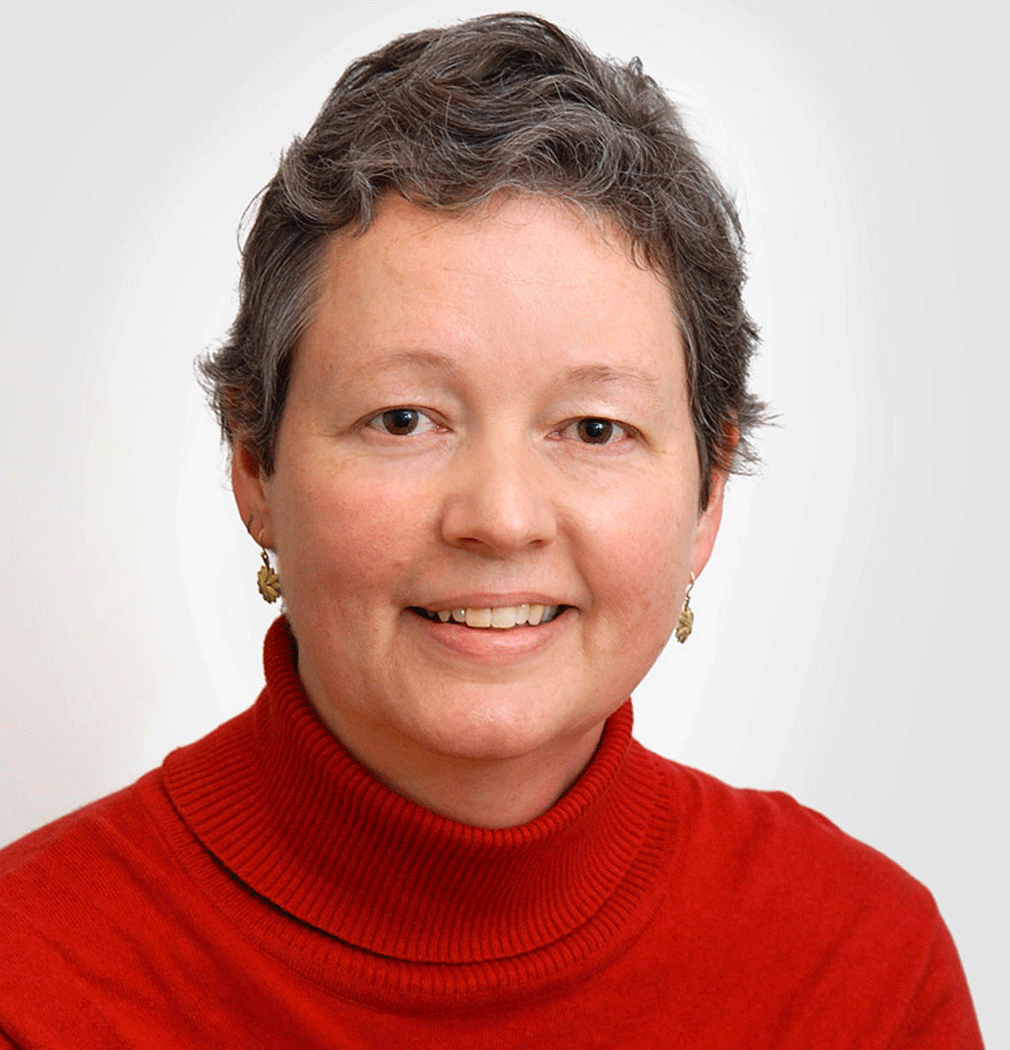
Stephanie Oberhaus
Emeritus Assistant Professor
Assistant Professor of Virology, Immunology & Microbiology
Link to BU Profile
Research Interest
My current interests and expertise focus on medical and dental education. I am actively involved in curriculum development and revision, and in developing innovative learning and teaching tools using a variety of technologies. I also collaborate with students and faculty on a variety of educational projects and serve as a Basic Science Consultant for the Commission on Dental Accreditation.
Disease & Therapy
The Disease and Therapy (DRx) course integrates the study of disease, including pathophysiology, infectious etiologies, and pharmacologic management in an organ-based context. DRx begins with an introduction to the fundamental concepts of microbiology, pathology and pharmacology in the Foundations Module and is followed by the Infectious Diseases Module in which the microbiological basis of infectious diseases and their pharmacologic treatment is addressed. Subsequent modules address diseases of the cardiovascular system, lungs, kidneys, joints and connective tissue, gastrointestinal system, endocrine and reproductive organs, skin, and nervous system, and psychiatric disorders. In the last module, oncology is taught in conjunction with hematology. Health law, policy, and management systems are incorporated throughout this curriculum.
The overall goals of this course are to:
1. provide students with the knowledge base and problem-solving skills that will serve as a foundation for their clinical training in medical school and in professional practice.
2. strengthen students’ appreciation of the scientific basis of medical practice and foster a spirit of inquisitiveness both in clinical practice and in basic or clinical research.
3. provide students with the professional skills necessary for lifelong, self-directed learning, including the acquisition and evaluation of medical information and the communication of information as part of a medical team.
Dental Microbiology & Immunology
Dental Microbiology and Immunology is one of the basic science courses that comprise the preclinical curriculum of the first year of dental school. The overall goal of these courses is to provide students with the knowledge and understanding of the scientific principles that are the basis of current approaches to the practice of dentistry. The application of these scientific principles and knowledge to the practice of dentistry, including the development of life-long learning and problem-solving skills, is emphasized. This goal provides foundational support for the BUSDM General Dentistry Practice Competencies and is consistent with the objectives of National Board Dental Examination, Part I. The Dental Microbiology and Immunology course consists of 46 lectures and 5 Integrated Problems Sessions. Lecturers from both basic science and clinical disciplines teach the fundamental principles of microbiology and immunology and how these principles apply to the diagnosis and treatment of infectious diseases.
The overall goals of this course are to provide students with:
1. a basic background in microbiology, including the nomenclature, structure, physiology, genetics, mechanisms of pathogenesis, and clinical manifestations associated with the major pathogenic microorganisms (bacteria, fungi, parasites, prions, and viruses).
2. an understanding of how the basic principles of microbiology are integral to effective diagnosis, treatment and prevention of infectious disease.
3. a basic background in immunology including the functions and disorders of the immune system.